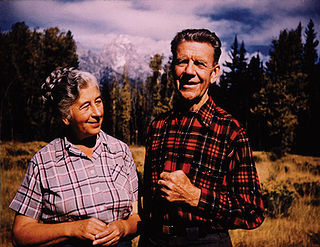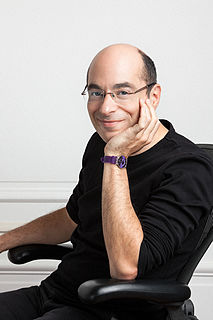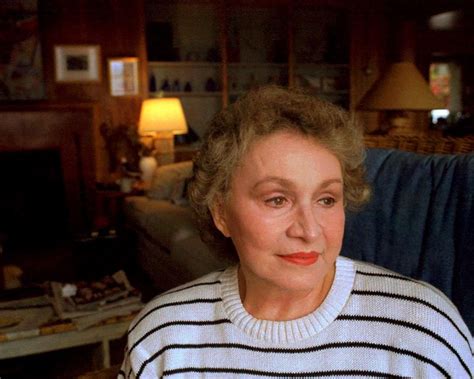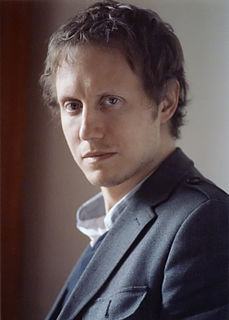A Quote by Tom C. Clark
Our forefathers had civilization inside themselves, the wild outside. We live in the civilization they created, but within us the wilderness still lingers. What they dreamed, we live, and what they lived, we dream.
Quote Topics
Related Quotes
I dreamed I spoke in another's language, I dreamed I lived in another's skin, I dreamed I was my own beloved, I dreamed I was a tiger's kin. I dreamed that Eden lived inside me, And when I breathed a garden came, I dreamed I knew all of Creation, I dreamed I knew the Creator's name. I dreamed--and this dream was the finest-- That all I dreamed was real and true, And we would live in joy forever, You in me, and me in you.
It's a curious thing, this thing we call civilization...we think it is an affair of epochs, and nations. It's really an affair of individuals. One brother will be civilized and the other a barbarian...All civilization comes through literature now, especially in our country. A Greek got his civilization by talking and looking, and in some measure a Parisian may still do it. But we, who live remote from history and monuments, we must read or we must barbarise.
The eyes of the future are looking back at us and they are praying for us to see beyond our own time. They are kneeling with hands clasped that we might act with restraint, that we might leave room for the life that is destined to come. To protect what is wild is to protect what is gentle. Perhaps the wilderness we fear is the pause between our own heartbeats, the silent space that says we live only by grace. Wilderness lives by this same grace. Wild mercy is in our hands.
What the Indians are saying is that they are recognizing the right of wilderness to be wilderness. Wilderness is not an extension of human need or of human justification. It is itself and it is inviolate, itself. This does not mean that, therefore, we become separated from it, because we don't. We stay connected if, once in our lives, we learn exactly what that connection is between our heart, our womb, our mind, and wilderness. And when each of us has her wilderness within her, we can be together in a balanced kind of way. The forever, we have that within us.
From my childhood it has been my conviction that men would reach the planets in my lifetime . . . this conviction . . . rests on two beliefs, one scientific and one political: (1) there are more things in heaven and earth than are dreamed of in our present-day science. And we shall only find out what they are if we go out and look for them. (2) it is in the long run essential to the growth of any new and high civilization that small groups of people can escape from their neighbors and from their governments, to go and live as they please in the wilderness.
I have given up the ambition to be a great scholar. I want to be more- simply a human. . . . We are not true humans, but beings who live by a civilization inherited from the past, that keeps us hostage, that confines us. No freedom of movement. Nothing. Everything in us is killed by our calculations for our future, by our social position and cast. You see, I am not happy-yet I am happy. I suffer, but that is part of life. I live, I don't care about my existence, and that is the beginning of wisdom.
The worth of men consists in their liability to persuasion. They can persuade and can be persuaded by the disclosure of alternatives, the better and the worse. Civilization is the maintenance of social order, by its own inherent persuasiveness as embodying the nobler alternative. The recourse to force, however, unavoidable, is a disclosure of the failure of civilization, either in the general society or in a remnant of individuals. Thus in a live civilization there is always an element of unrest.


































